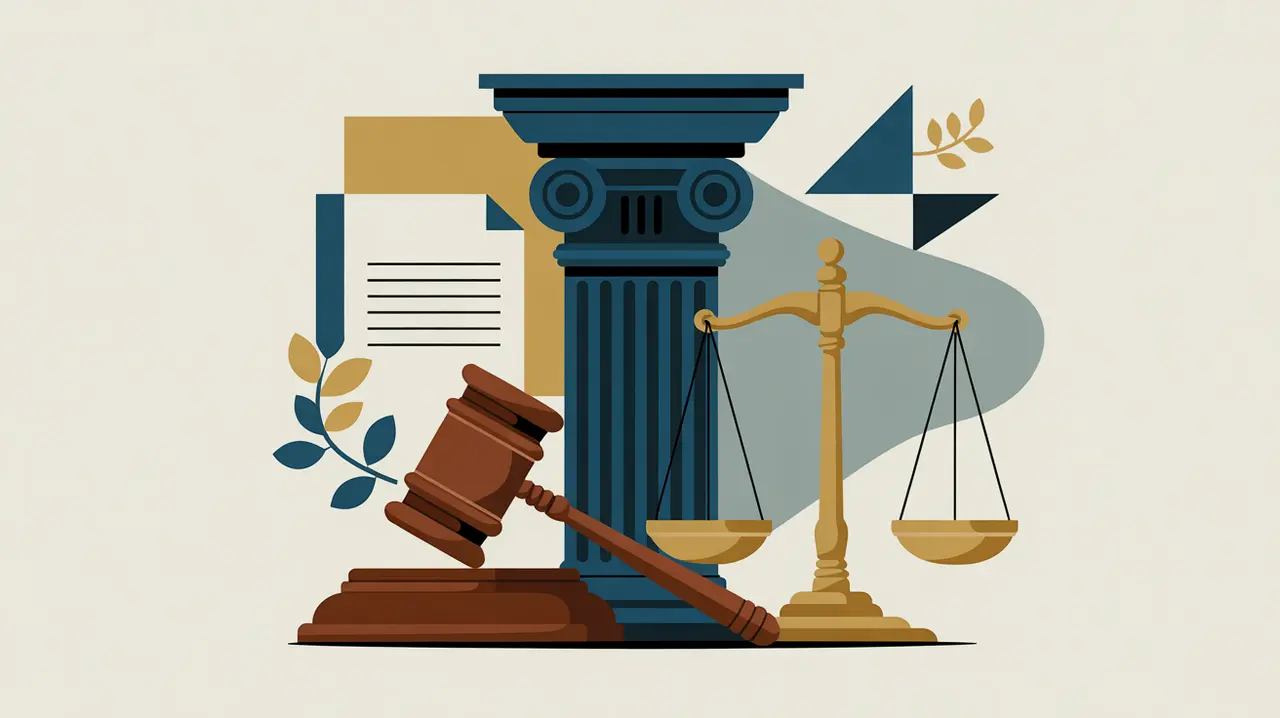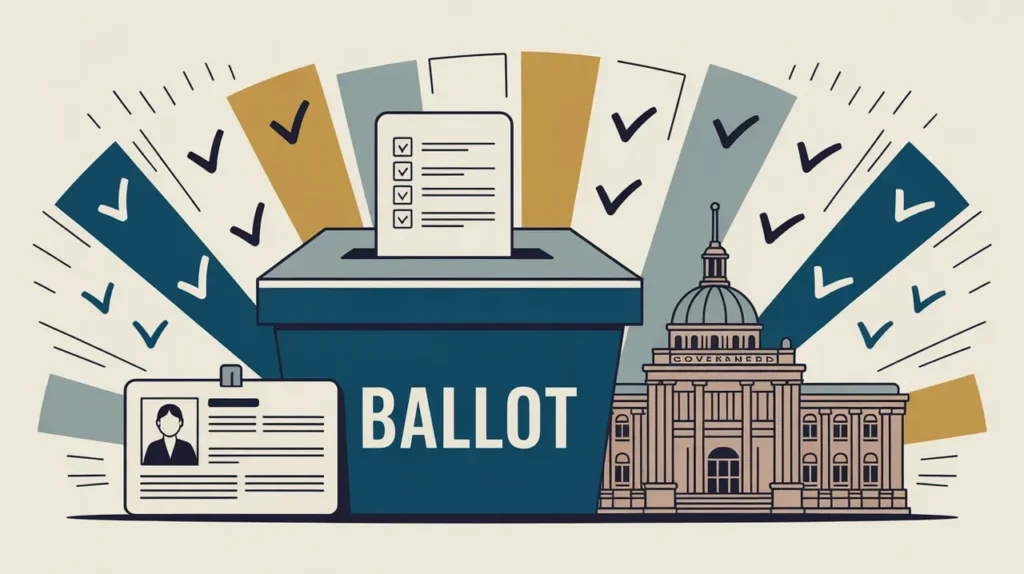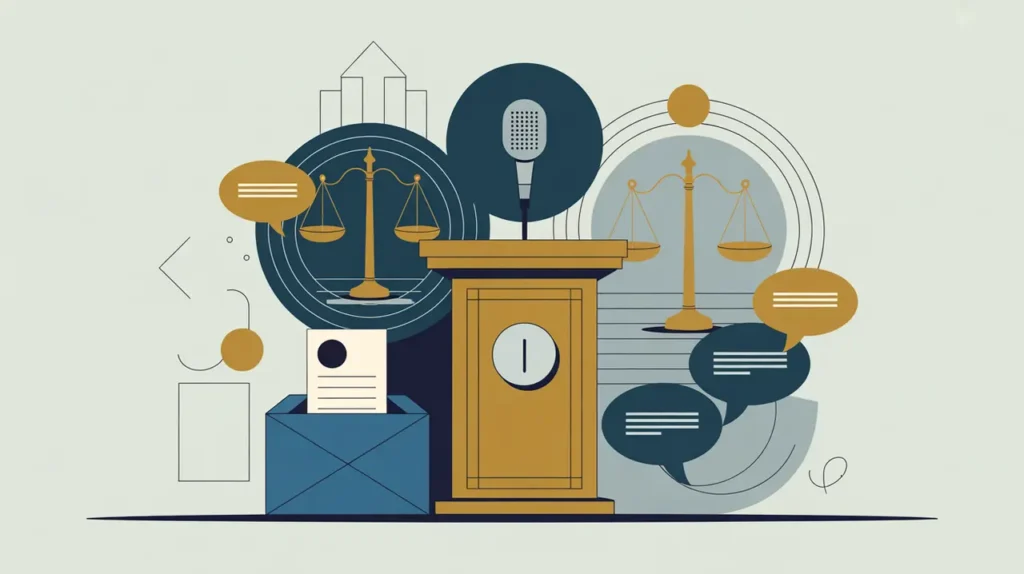Importance of Rule of Law
The rule of law is essential for ensuring justice, accountability, and stability within societies. It underpins human rights, fair governance, and economic development by providing predictable and transparent legal frameworks. In international development, the rule of law is fundamental for reducing corruption, resolving disputes, and fostering trust in institutions. For nonprofits and social innovators, it matters because without it, vulnerable populations are less able to claim rights or access services. Its importance lies in ensuring that laws are applied fairly and consistently to all.
Definition and Features
Rule of law refers to the principle that all individuals and institutions, including governments, are subject to and accountable under the law. Its defining features include:
- Equality Before the Law: laws apply equally to all, regardless of status or identity.
- Accountability: institutions and leaders are bound by legal frameworks.
- Transparency: laws are publicly known, clear, and consistently enforced.
- Access to Justice: individuals can seek remedies through impartial courts and legal processes.
How this Works in Practice
In practice, the rule of law is expressed through constitutions, judicial systems, and law enforcement institutions. For example, independent courts provide fair hearings, anti-corruption laws limit abuse of power, and legal aid services help marginalized groups access justice. International development programs often focus on strengthening judicial capacity, reforming legal systems, and supporting civil society oversight. Challenges include weak enforcement, political interference, impunity, and limited resources for legal systems in low-income countries.
Implications for Social Innovation
The rule of law has significant implications for social innovation because it creates the environment in which rights-based and inclusive solutions can thrive. Innovations such as digital justice platforms, open legal data systems, and community paralegal programs expand access and accountability. For proximate actors, the rule of law ensures fairness, dignity, and security in everyday life. Rule of law is essential for justice, stability, and sustainable development.







